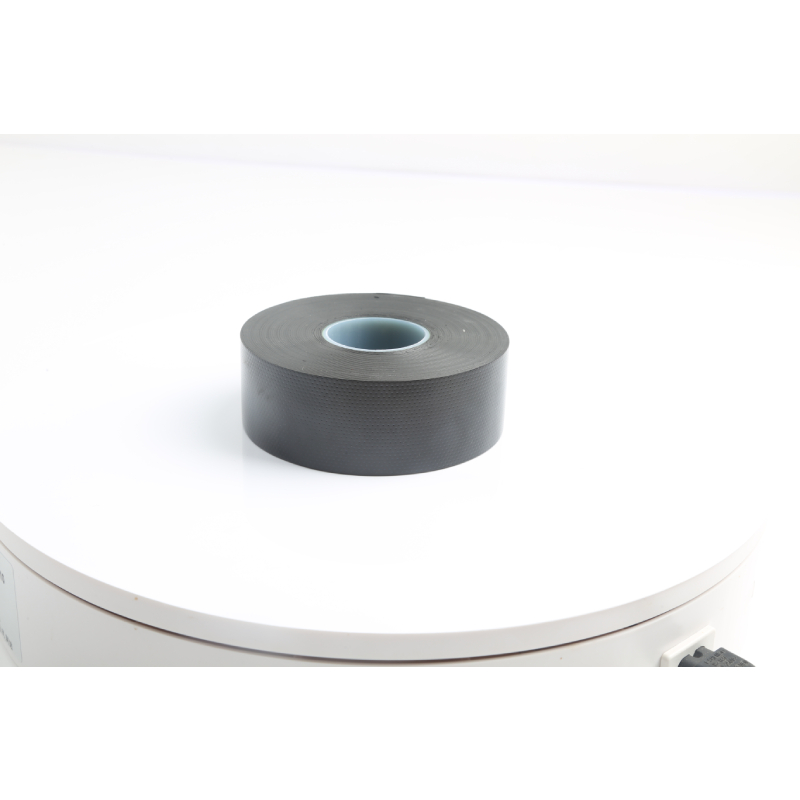Understanding the Costs of Insulation Tape An In-Depth Look
Insulation tape is an essential material in various industries, including electrical, automotive, and construction. Its primary function is to provide electrical insulation, protect against voltage leaks, and ensure safety in wiring systems and other applications. However, before purchasing insulation tape, it is crucial to understand the factors that influence its cost. In this article, we will explore these factors, compare different types of insulation tape, and provide tips for making cost-effective purchasing decisions.
1. Types of Insulation Tape and Their Costs
Insulation tape comes in various types, each with its specific properties tailored to different applications. The most common types include
- Vinyl Insulation Tape This type is the most widely used, primarily for electrical applications. It is flexible, resistant to moisture, and has excellent insulating properties. The cost of vinyl insulation tape typically ranges from $0.50 to $2.00 per roll, depending on the brand and length.
- Rubber Insulation Tape Known for its superior insulating capabilities, rubber tape can withstand extreme temperatures and is often used in high-voltage applications. This type generally costs between $1.50 and $5.00 per roll, reflecting its higher performance attributes.
- Cloth Insulation Tape Often used in automotive applications, cloth tape is durable and adheres well to surfaces. It typically falls within the $1.00 to $3.00 range per roll, but prices can vary based on adhesive quality.
- Polyimide Tape Also known as Kapton tape, this specialized tape is designed for high-temperature applications and is commonly used in electronics and aerospace. Its cost can be higher, ranging from $2.00 to $6.00 per roll.
Each type of insulation tape serves a specific purpose, and understanding these differences can help consumers make informed decisions based on their needs and budget.
2. Factors Influencing the Cost of Insulation Tape
The cost of insulation tape can significantly vary based on several factors
- Material Quality Higher quality materials typically mean better performance and durability, leading to a higher cost. Consumers should evaluate their specific needs to determine if the extra expense is justified.
insulation tape cost

- Brand Reputation Established brands may charge a premium for their products based on their reputation for reliability and quality. While generic options may be cheaper, they may not always provide the same level of performance.
- Length of the Roll Longer rolls tend to be more economical in the long run. Buying in bulk can often reduce the price per foot, making it a cost-effective choice for those who frequently use insulation tape.
- Packaging and Distribution The method of packaging and the seller's location can also affect the pricing of insulation tape. Buying directly from manufacturers or wholesalers may offer significant savings compared to retail outlets.
3. Tips for Cost-Effective Purchasing
To ensure you are getting the best value for your money when purchasing insulation tape, consider the following tips
- Assess Your Needs Before making a purchase, evaluate the specific requirements of your project. Understanding whether you need standard or specialized insulation tape can help avoid overspending.
- Compare Prices Research different retailers and online platforms to find the most competitive prices. Websites often offer shipping discounts or bulk purchase deals that can further reduce costs.
- Buy in Bulk If you find yourself frequently using insulation tape, buying in bulk can save money in the long run. Many suppliers offer discounts for bulk orders.
- Check for Promotions Keep an eye out for seasonal sales or promotions, especially around major holidays. Stocking up during these times can lead to significant savings.
Conclusion
Insulation tape is a crucial component in ensuring safety and functionality in various applications. By understanding the factors influencing its cost and comparing different types, consumers can make informed purchasing decisions that fit their budget and needs. Whether you are a homeowner tackling a DIY project or a professional in need of reliable materials, being mindful of the costs associated with insulation tape will enhance your project’s success and efficiency.
-
XIANGFAN Rubber Tape-Ultimate Solutions for All Your Insulation NeedsNewsJun.24,2025
-
XIANGFAN Rubber Tape-Protection for Industrial and Residential ApplicationsNewsJun.24,2025
-
XIANGFAN Rubber Tape: Superior Safety and Sealing for Demanding EnvironmentsNewsJun.24,2025
-
XIANGFAN Rubber Tape: Reliable Solutions for Every Electrical ChallengeNewsJun.24,2025
-
XIANGFAN Electrical & Industrial Tape: Powering Reliability Across IndustriesNewsJun.24,2025
-
XIANGFAN Electrical & Industrial Tape: Excellence in Every ApplicationNewsJun.24,2025
